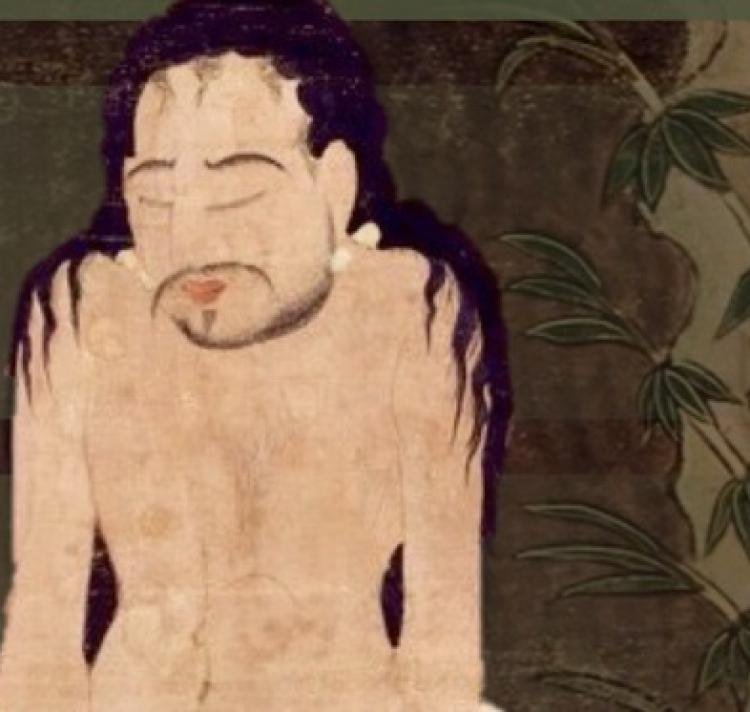Toward meditative fluency: Building a framework for Tibetan meditation practice
Wednesday, April 3, 2024, 6:00pm – 7:30pm
Eaton Humanities 250
Meditation is a practice that humans have practiced since ancient times. Our ability to skillfully cultivate attentive, imaginative, and embodied modes of consciousness, and by extension, our ability to intentionally design and apply techniques that transcend ordinary experience, is the foundation of human meditation. It is deeply integral to our tradition. Such practices have historically been innovated, tested, refined, and documented in great diversity by the world’s great meditative traditions. However, despite this historical record and growing public interest, meditation research remains significantly underdeveloped. This talk presents a new model for studying meditation, based on the view that the underlying components and mechanisms at work in meditation practice can be identified, and in doing so we can learn. I’ll show you how. meditative fluency – Practical know-how, taking into account individual skills, situations and possibilities. We experiment with typologies of meditation styles and contexts, discuss generative frameworks, and consider the interdisciplinary future of meditation research using examples from historical Tibetan practices.
michael sheehy He is a Research Assistant Professor and Director of Research at the Center for Meditation Sciences at the University of Virginia, where he directs the CIRCL: Contemplative Innovation + Research Collaborative Lab. meditation research journal (JCS). His research translates practices from Tibetan meditation manuals into experiments and dialogues in the humanities, cultural psychology, and cognitive science.
Co-sponsored by the Center for Asian Studies, the Tibetan Himalayan Initiative, and Religious Studies.

